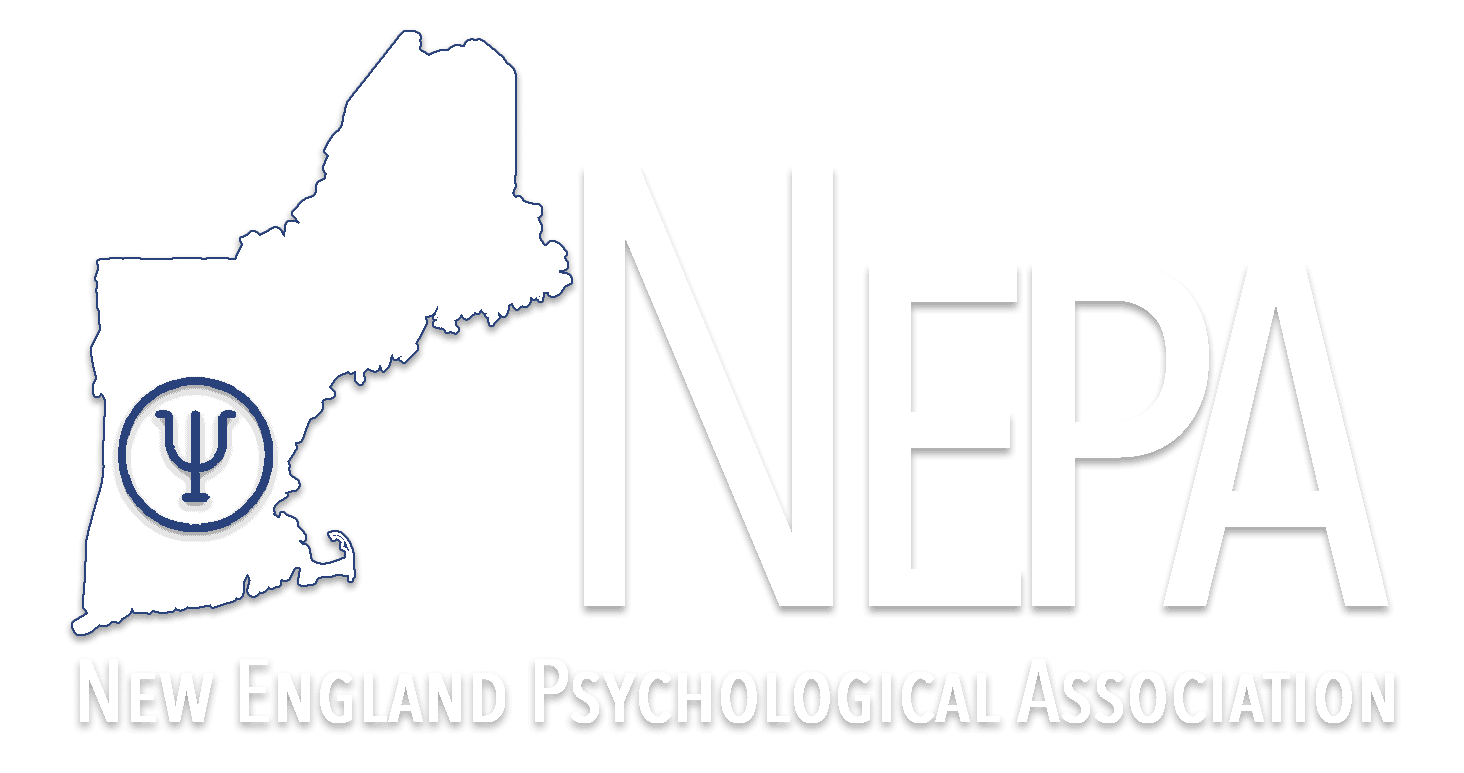Meeting ID: 995 0041 4743
Passcode: nepa1pm
How Can We Train Psychologists in Substance Abuse Assessment and Intervention to Best Make a Difference: Practical Lessons Learned from 5 Years of Teaching “SB 523: Addressing Substance Abuse in Schools”
Daniel B. Jacobs, Ed.M., M.B.A., Psy.D., Associate Professor at William James College, School Psychology Department & Adjunct Professor, Organizational Leadership Psychology Department; Licensed Psychologist and Health Service Provider
Many individuals with mental health concerns are also impacted by challenges linked to the use and abuse of legal and illicit substances. Due to additional stress from the COVID-19 pandemic there has been an increase in substance abuse by young people and adults and the need for psychological support in this area has grown even greater. Unfortunately, there is a shortage of psychologists equipped to deliver these needed services. Given the powerful negative impact of alcohol and other substance abuse concerns on the lives of youth and adult clients, and their families, this situation is obviously concerning and needs to be addressed better in undergraduate and graduate psychology training programs.
Reaching young people before they develop substance abuse concerns is an effective way to decrease the likelihood of the development of much more significant challenges in later life, and helping youth in schools is one of the best ways to reach them in individual, group, and larger systemic interventions. Historically, School Psychology training programs did not directly address this issue and realizing the need and the gap in substance abuse training led to the development of a course for School Psychology students designed to address educational, assessment, and systemic challenges faced by clinicians wanting to make a difference in this area. In this session we will consider the key lessons discovered determined to be most relevant to helping mental health clinicians be better able to help youth and young adults impacted by substance use and dual diagnosis concerns.
